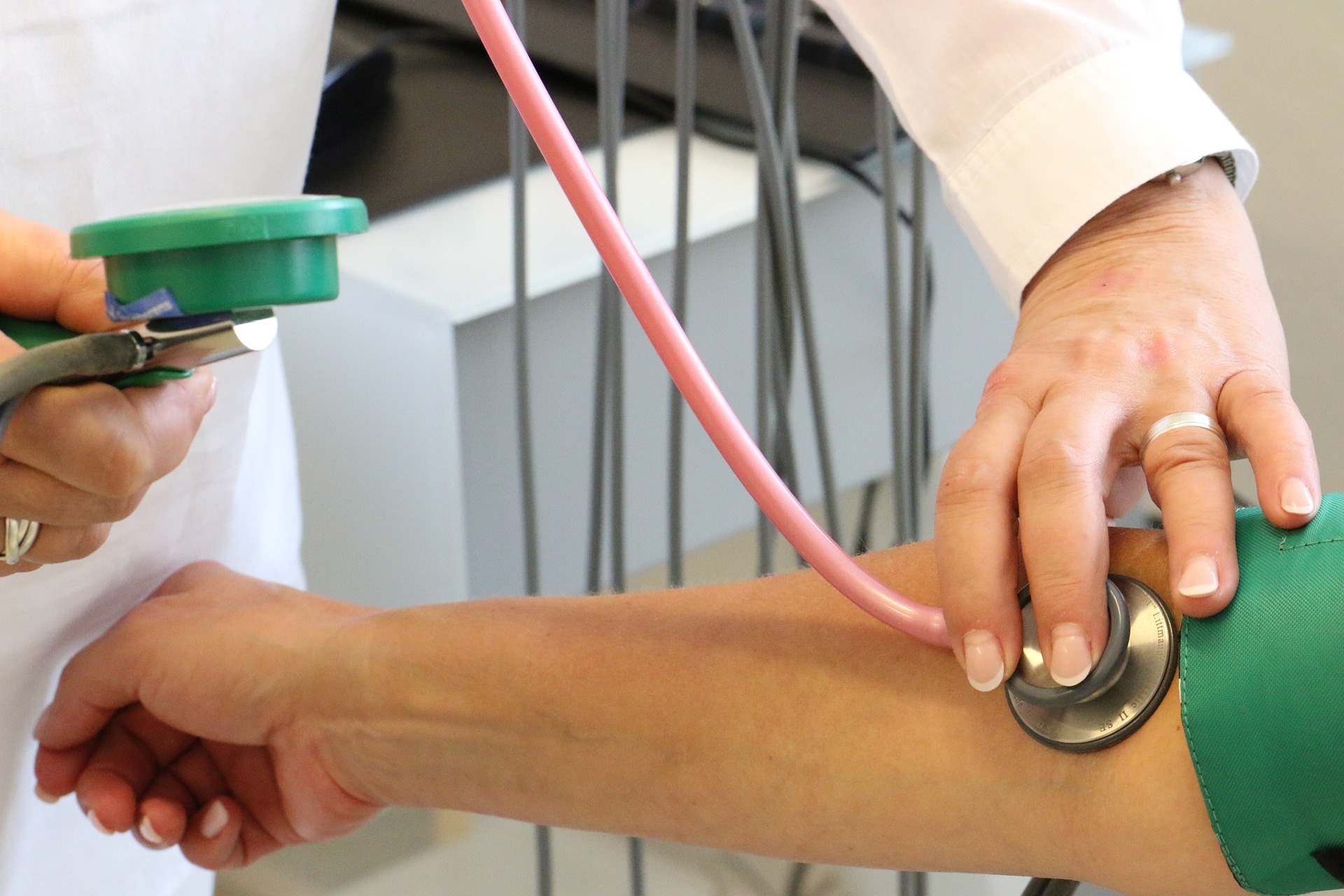Explore Nursing Degrees and Career Paths
Nursing degrees open doors to diverse healthcare careers. Explore program types, admission requirements, and core study areas. Understand how each educational path equips you with the skills and knowledge needed for various roles within the nursing profession.
What Types of Nursing Degrees Are Available?
Several nursing degree levels exist to accommodate different career goals and educational backgrounds. The Associate Degree in Nursing (ADN) typically requires two to three years of study and prepares graduates for entry-level registered nurse positions. Bachelor of Science in Nursing (BSN) programs offer comprehensive four-year education covering advanced clinical skills, leadership principles, and evidence-based practice.
For those seeking specialized roles, Master of Science in Nursing (MSN) degrees focus on areas like nurse practitioner, nurse educator, or nurse administrator tracks. Doctoral programs, including Doctor of Nursing Practice (DNP) and PhD in Nursing, prepare graduates for advanced clinical practice, research, and academic leadership positions. Each degree level builds upon foundational nursing knowledge while developing increasingly sophisticated clinical judgment and professional competencies.
Understanding Admission Requirements for Healthcare Programs
Most nursing programs maintain competitive admission standards due to high demand and limited enrollment capacity. Common prerequisites include completion of general education courses in anatomy, physiology, microbiology, chemistry, and mathematics. Many programs require minimum grade point averages, often ranging from 2.5 to 3.5, depending on the institution and degree level.
Standardized entrance exams frequently serve as additional screening tools, with many schools requiring tests like the Test of Essential Academic Skills (TEAS) or similar assessments. Clinical experience requirements vary, though some programs prefer applicants with healthcare background through volunteer work or employment in medical settings. International students may need to demonstrate English proficiency through TOEFL or IELTS scores, while some programs require personal statements and professional references.
Exploring Diverse Career Paths in Nursing
The nursing profession encompasses numerous specialization areas, each requiring specific knowledge and skills. Medical-surgical nurses work in hospital units caring for patients with various conditions, while critical care nurses specialize in intensive care environments. Pediatric nurses focus on children’s healthcare needs, and geriatric nurses concentrate on elderly patient populations.
Community health nurses work in public health settings, schools, and home healthcare agencies, emphasizing preventive care and health education. Specialized roles include operating room nurses, emergency department nurses, and oncology nurses who work with cancer patients. Advanced practice nurses, such as nurse practitioners and nurse anesthetists, provide direct patient care services traditionally performed by physicians, requiring additional education and certification.
Essential Nursing Skills Developed Through Education
Nursing education programs emphasize both technical competencies and soft skills essential for effective patient care. Clinical skills include medication administration, wound care, patient assessment, and medical equipment operation. Students learn to interpret diagnostic tests, develop care plans, and coordinate with interdisciplinary healthcare teams.
Communication skills receive significant attention, as nurses must interact effectively with patients, families, and healthcare colleagues from diverse backgrounds. Critical thinking and problem-solving abilities are developed through case studies and clinical rotations, enabling nurses to make sound decisions under pressure. Leadership skills, time management, and cultural competency are integrated throughout nursing curricula to prepare graduates for professional practice demands.
Cost Considerations for Nursing Education Programs
Nursing education costs vary significantly based on degree level, institution type, and program duration. In Algeria, public universities typically offer more affordable options compared to private institutions. Converting to local currency, nursing program costs range approximately as follows:
| Degree Level | Institution Type | Estimated Cost (Algerian Dinar) |
|---|---|---|
| ADN (2-3 years) | Public University | 150,000 - 300,000 DZD |
| BSN (4 years) | Public University | 300,000 - 600,000 DZD |
| BSN (4 years) | Private Institution | 800,000 - 1,500,000 DZD |
| MSN (2 years) | Public University | 200,000 - 400,000 DZD |
| MSN (2 years) | Private Institution | 600,000 - 1,200,000 DZD |
Prices, rates, or cost estimates mentioned in this article are based on the latest available information but may change over time. Independent research is advised before making financial decisions.
Building Your Future in Healthcare Through Nursing
The nursing profession continues evolving with advancing medical technologies and changing healthcare delivery models. Nurses increasingly take on expanded roles in patient advocacy, care coordination, and quality improvement initiatives. Professional development opportunities include continuing education requirements, specialty certifications, and advanced degree pursuits throughout nursing careers.
Healthcare systems worldwide face nursing shortages, creating favorable employment prospects for qualified graduates. The aging population and increased emphasis on preventive care further drive demand for skilled nursing professionals. Whether pursuing bedside nursing roles or advanced practice positions, nursing degrees provide solid foundations for meaningful careers dedicated to improving patient outcomes and community health.
This article is for informational purposes only and should not be considered medical advice. Please consult a qualified healthcare professional for personalized guidance and treatment.





